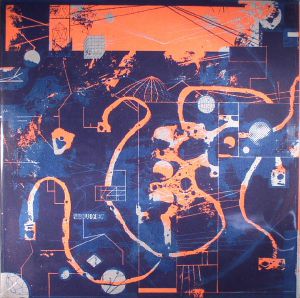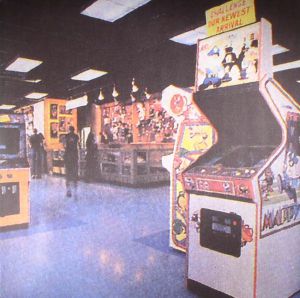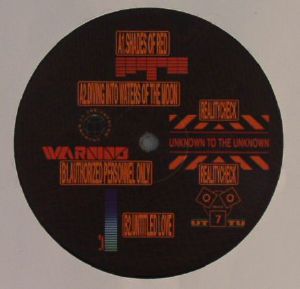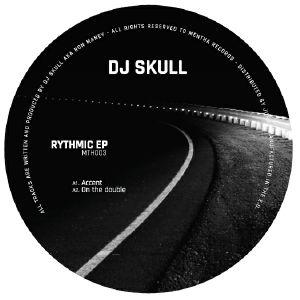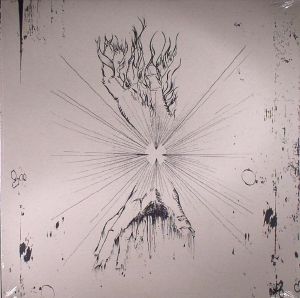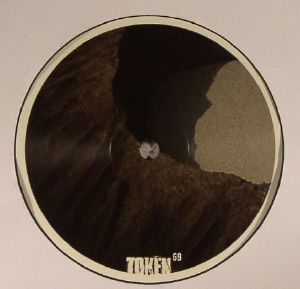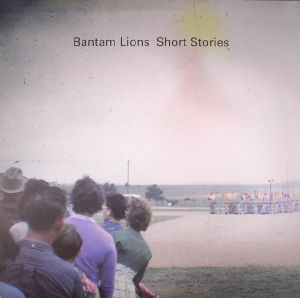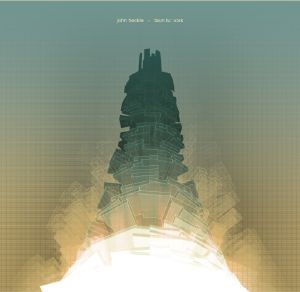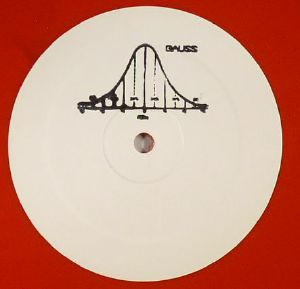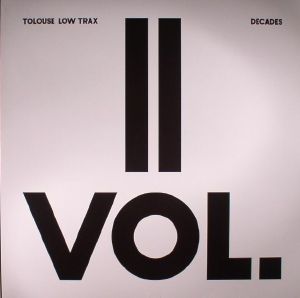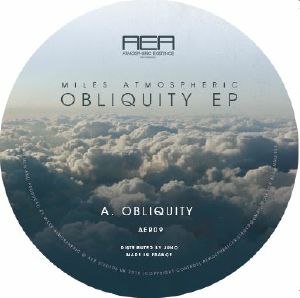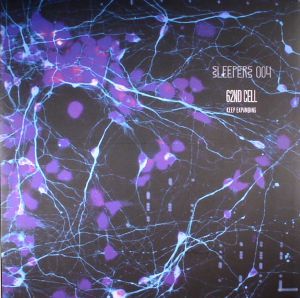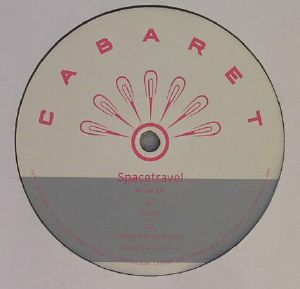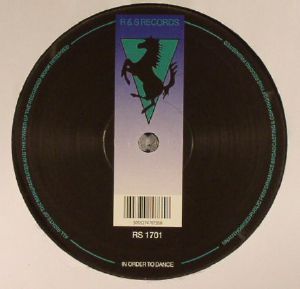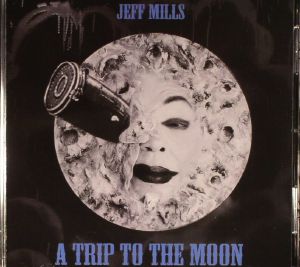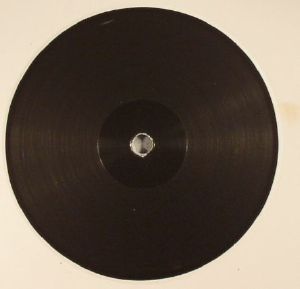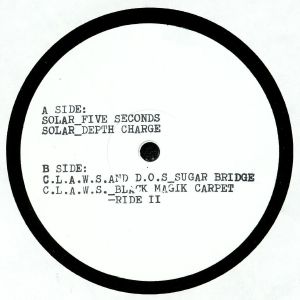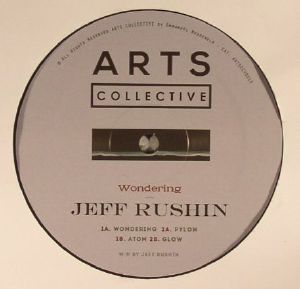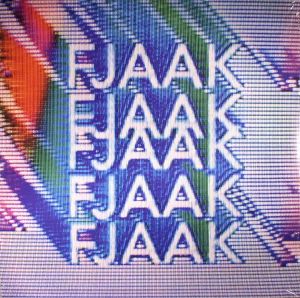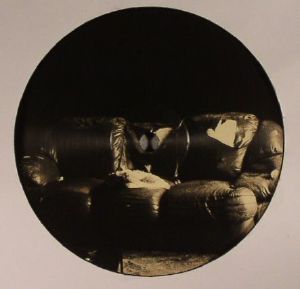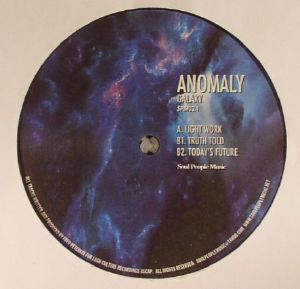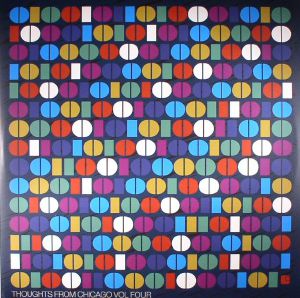
Djs: Most Charted - Techno
DJS: MOST CHARTED - TECHNO - MOST CHARTED IN JANUARY 2017
16 Feb 2017
Read more...
1
Review: Following the release of his acclaimed debut album, In Waves, on ESP Institute, Lord of the Isles man Neil McDonald returns home to Firecracker Recordings. With six tracks to choose from, Parabolas of Neon is almost a mini-album. It boasts a quartet of sublime, mind-soothing ambient cuts, topped and tailed by two more rhythmic moments. Opener "Sunrise 89", a shameless dose of nostalgia built around heavy, bleep techno style sub bass and electronic motifs, offers a perfect balance between dancefloor heaviness and dreamy, saucer-eyed intent. Then there's the small matter of the title track, which is the kind of ultra-deep, ultra-dreamy chugger that you just want to hug at six in the morning.
...Read more
out of stock $12.72
2
out of stock $12.16
3
out of stock $11.06
4
Review: A bonafide legend of Chicago house and techno, DJ Skull has done the business since the early days on all manner of labels, and he's still on it now. Shoring up at Mentha for this no-nonsense four tracker, Skull is on especially deep form here as he heads inwards with the subtle shuffle of "Accent" and the insistent melodic mantras of "On The Double". The story is no different on the B side, although "Rythmic" sports a more sprightly set of drums in amongst the strafing synth lines before "The Unknown Land" turns out one of the more eerie jack tracks of our time.
...Read more
out of stock $8.84
5
Review: Previously found lurking around W.T. Records and Crimes Of The Future, Tapan comes to Malka Tuti with an exotic, lurching beast of a track to send shivers down your spine should you encounter it on a proper system. "Tarantella" is a mind-bending workout whichever angle you approach from, all psyched-out synth lines and brooding rhythms, and then "Poison High" rears up on the flip with its even more transcendental tones. Black Merlin is a wise choice to tackle the title track for a remix, making an equally tense and tribalistic workout that puts the wayward spirit back into the machine.
...Read more
out of stock $8.84
6
Cat: PERSEPHONICSIRENS 01. Rel: 24 Mar 25
Techno
Review: Formerly run by both Michael Wollenhaupt and Conrad Protzmann, the Ancient Methods project is now run solo by the former producer, an artist who is clearly intending to keep the sound of the project going strong. This EP, however, launches the new Parsephonic Sirens label, and the sounds are very much grounded in something altogether more surreal. The opening "Remember Me" is a chilly, frost-bitten ambient affair, whereas "Born Of Ashes launches with a mean, fiery techno blow that sounds like the inside of a jet engine. On the flip, "I Am Blazing Sound" rolls out its deafening techno punch with melodies reminiscent of something Middle-Eastern, leaving "Now Come Closer" to offer a more traditional 4/4 stance in the most poignant of German fashions.
...Read more
in stock $20.20
7
Review: Few do cyclical, hypnotic techno quite as well as Tadeo. The Spanish producer has plied his no-nonsense wares on a variety of top techno labels over the years, including Token. Here he returns to the Belgian label with six more sizeable slabs. After beginning with the electronic-meets-orchestral interlude of "On The Way To Reykjavik", he dives straight into tried-and-tested waters with the intense techno drums, marimba style melodies and horror organs of "Long Time Ago". "The Labyrinth" and "The Globular Way" are both rock solid examples of his usual loop-techno style, as is the wilder and weirder "A Sea In The Cave". Fittingly, he finishes with the jazz-flecked ambient bliss of "Ascension".
...Read more
out of stock $9.68
8
out of stock $22.96
9
Review: While Armon "Aybee" Bazile is renowned for the consistent high quality of his 12" singles, he often saves his more interesting material for full-length outings. It's perhaps unsurprising, then, that his latest album - his fourth in total - is packed full of evocative, left-of-centre fare. While The Odyssey does contain a number of straight-up techno cuts - see "Down By The Rabbit Hole", the Drexciya-ish "The Professor", and wonderfully deep and spacey "Island In The Sky" - it also boasts a number of intriguing diversions. Check, in particular, the cloudy ambience of sublime opener "Embryo", the IDM-goes-jazz brilliance of "Asteroid Lust", and the trippy, slightly foreboding electronic epic that is "Man and Machine".
...Read more
out of stock $26.54
10
out of stock $20.20
11
Review: John Heckle last released an album on Tabernacle three years ago, but he's been far from quiet since then with his Head Front Panel project diverting his attention towards blistering hard techno. Tone To Voice then represents a return to more melodic pastures with a more diverse selection of tempos and moods to choose from, but still Heckle's innate gift for expressive, dynamic machine music shines through. "Sonic Spectrometer" is a joyous slice of techno-jazz, while "Potential Life" whips up stunning cascading synth lines and pattering hats. At times, there's no need for a kick, and with ample ambient excursions woven into the mix this stands as one of Heckle's most accomplished releases yet.
...Read more
out of stock $15.78
12
in stock $12.72
13
out of stock $14.38
14
Review: Quite a number of techno fans will go weak at the knees when they spot this expansive collaboration between longtime friends and occasional studio partners Marcel Dettmann and Ben Klock. It's their first combined release since 2013. Both slabs of wax are full of high quality, atmospheric, late night techno workouts, from the creepy riffs and off-kilter drums of "Phantom Studies", and the horror-influenced post-dubstep shuffle of "The Room", to the raging, mind-altering dancefloor heaviness of "Bay Boy" and sparse, minimalist techno closer "The Tenant". Given their abilities as producers, we'd expect nothing less than superbly produced, club-ready cuts. Predictably, Phantom Studies delivers that in spades.
...Read more
out of stock $20.20
15
Review: Natan H and Owen Jay return to their inimitable Gauss monicker with this fresh, three-pronged analogue beat attack - that unmistakable stamp is back with a vengeance! The lead tune, "Numerical Coefficients", is a raw, skeletal techno track with a hypnotising sequence of melodies propelling the groove forwards and, if you're into 90s material on the likes of Irdial, then this'll no doubt please your eardrums. On the B-side, "Curvature" is a bumpier ride, charged by a fluttering bass drum and washed-out sonics, whereas "Differential" lays down some much needed 303 squelch, a bass tone that just sounds so damn right with these sorts of cold, shimmering, drum-heavy techno patterns.
...Read more
out of stock $9.68
16
Review: Hot on the heels of Tolouse Low Trax's first outing on celebrated Parisian label Antinote comes the follow-up Deacdes 2/3. The producer's distinctive musical voice - wayward, dystopian, and fearlessly experimental - seems particularly fitting given recent political events. Opener "Calirough", all sustained horror chords, distorted percussion and ghostly samples, is particularly potent, though the warped, metallic chug of "Hiroglyph" is not far behind. He returns to 4/4 pastures with the post-truth throb of "Wooden Words", before imagining a bleak future on the intense hum of "Monia", a typically dark and crunchy workout that's as chilling as a Donald Trump presidency.
...Read more
out of stock $11.90
17
Review: UK label AER returns with a 3 track EP. Back on the controls is British label boss Miles at the helm, giving us a journey of varying textures. After releases on Aesthetic Audio, ART, Ornate amongst others, Miles esteemed reputation for discerning House & Techno both as a DJ & producer ensure this release is another pure piece of artistry. Not one to compromise, Miles delivers yet again. 'Obliquity' is a dub techno slice of hypnosis! Emancipate gives us a beautiful string rendition amongst haunting lead lines, while 'Whispers' goes beyond the deep, down into ethereal emotive territory, giving the full release a nice snapshot spectrum of this mans work. Superb release.
...Read more
out of stock $8.02
18
Review: 62nd Cell may be a new name, but the producer behind it, David Campbell, boasts a discography that stretches right back to the tail end of the 1980s. He's perhaps most famous for his early '90s work for General Production Recordings and R&S under the Hi-Ryze and Autonation aliases. The six tracks showcased here vary in style, drawing influence from original Detroit techno, electro (see the fantastically heavy and spacey "April Fool's Day"), IDM, and even dusty, ambient house era hip-hop (sub-heavy closer "Bluestuff"). We're particularly enjoying the bleep and bass meets carnival techno brilliance of "Get Out", but to be honest it is all pretty darn good.
...Read more
out of stock $10.80
19
Review: Following on from Kris Baha's killer turn, Australian label Power Station reach out to Disrute to keep their deviant disco wheels a-turning. This record marks the first proper outing for Disrute, and it's a strong opening statement. "Anvil Landing" is all plastic slap bass funk and heavy reverb, making for a dramatic dancefloor teaser, while "Snorkel" heads into moodier territory with prowling low end and a more driving composition. Mascaras remixes "Kabutops" and turns into a psych-out disco heater that Moroder would be proud of, before "Reflexivity" displays the breadth of Disrute's creative vision in fine style.
...Read more
out of stock $9.95
20
Review: Under the now familiar Spacetravel alias, Luca Cara has released some fine music over the last couple of years, most notably a fine debut album for Perlon. Here he pops up on Japan's Cabaret imprint with a four-track EP that largely looks to Detroit for inspiration. The sci-fi inspired futurism of the Motor City can be clearly heard in the darting synth lines, fizzing cymbal programming and undulating bass of opener "Axion", before "Change Planet Stacion" adds a little acid-fuelled Chicago jack to the late '80s Transmat template. "Spirit" is darker and creepier in tone, while "Ankor What" successfully fixes vintage techno percussion and synths to a rich, deep house style bassline and chords.
...Read more
out of stock $10.80
21
out of stock $8.84
22
out of stock $9.14
23
Review: Since many of Jeff Mills's strongest albums have been new scores to classic sci-fi films, hopes are naturally high for this audio interpretation of Georges Melies' 1902 silent movie, A Trip To The Moon. As you'd expect, it's an impressively cinematic musical journey, with the Detroit legend using synthesizers and drum machines to do the work of an orchestra. It touches on many of his usual musical tropes - think star-hazing ambient and futurist Detroit techno - while also offering nods towards Chicago acid, the kind of cyclical, phase-based compositions pioneered by Steve Reich, experimental noise, and neo-classical. It's emotive, immaculately produced, and hugely entertaining.
...Read more
out of stock $24.62
24
Cat: US 014. Rel: 28 Nov 16
Techno
Review: The Greek label that has since moved to Berlin, Nous, returns with a compilation of new works by their latest round-up of analogue noise merchants. Starting out with the stomping lo-fi techno of Juniper's "Movement From The Fade" or the dusty tribal trance of newcomer Fetnat's "Marbrahh", there's more underground techno delights to be discovered on the B side. Highlights here were the relentless, broken beat techno of "Headhunter" by Los Angeleno Dreams (pushing the same territory as Dream Weapons or Christopher Joseph), while Antigravity's "Mauvais Art" plunders the depths of lowdown and guttural electro in great style.
...Read more
out of stock $13.84
25
out of stock $8.58
26
out of stock $9.68
27
out of stock $11.62
28
out of stock $9.95
29
out of stock $13.00
30
out of stock $18.80

 USD
USD




